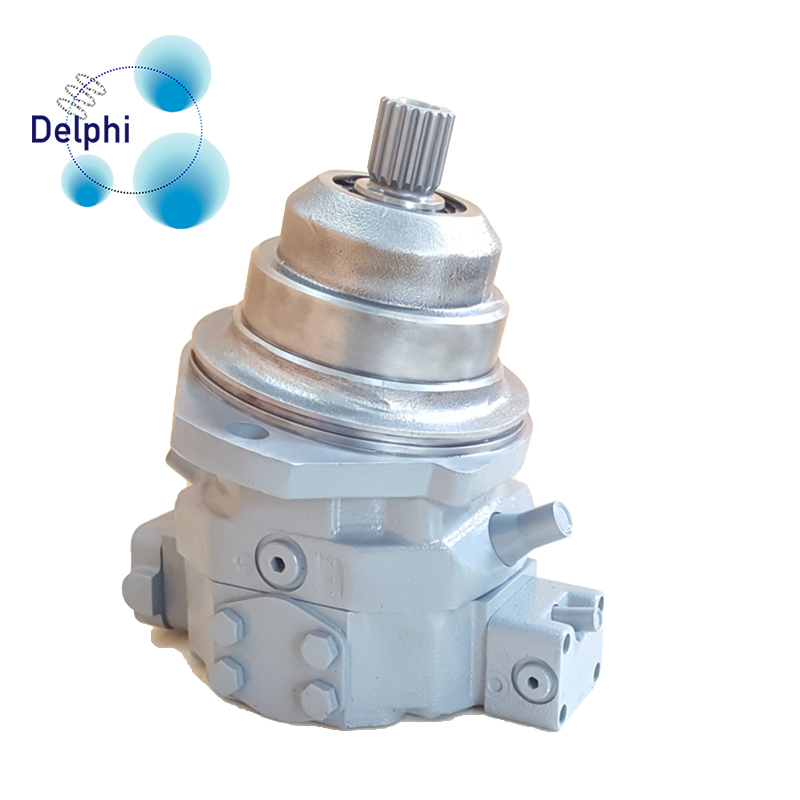Yes, there are environmental considerations associated with the usage of hydraulic pumps, primarily related to:
Fluid Management:
- Fluid Leakage: Hydraulic systems can experience fluid leakage, leading to environmental contamination if not managed properly.
Fluid Disposal:
- Fluid Disposal: Proper disposal of hydraulic fluids is essential to prevent environmental pollution. Used fluids need proper treatment or disposal according to regulations.
Fluid Types:
- Fluid Selection: Choosing environmentally friendly hydraulic fluids can reduce the ecological impact in case of leaks or spills.
Leakage Prevention:
- Seal Integrity: Maintaining seal integrity in hydraulic systems minimizes fluid leaks, reducing the risk of environmental contamination.
Fluid Contamination:
- Contamination Control: Preventing fluid contamination from entering soil or water sources is crucial to avoid environmental damage.
Spill Prevention:
- Spill Response Plans: Having spill response plans in place minimizes the impact of accidental spills on the environment.
Energy Efficiency:
- Energy Consumption: Improving the energy efficiency of hydraulic systems reduces overall environmental impact by lowering energy consumption.
Lifecycle Management:
- Product Lifecycle: Proper disposal or recycling of hydraulic pump components at the end of their lifecycle minimizes waste and environmental impact.
Regulatory Compliance:
- Environmental Regulations: Adhering to environmental regulations regarding hydraulic fluid management and waste disposal is crucial to mitigate negative environmental effects.
Environmental Impact Assessment:
- Environmental Impact Studies: Assessing the potential environmental impact of hydraulic systems helps in implementing preventive measures.
Efforts to minimize environmental impact involve proper fluid management, preventative maintenance to reduce leaks, adherence to environmental regulations, hydraulic pump manufacturer and the use of eco-friendly fluids. Implementing best practices and adhering to regulatory guidelines are essential for mitigating the environmental effects associated with hydraulic pump usage.
Are hydraulic pump commonly used in hazardous environments or industries?
Hydraulic pumps are utilized in various industries, including some hazardous environments, but their use in such settings depends on several factors:
Industry-specific Applications:
- Heavy Industries: Hydraulic pumps are common in heavy industries like mining, construction, and manufacturing, where hazardous conditions can exist.
Equipment Requirements:
- Heavy Machinery: Hydraulic pumps power heavy equipment operating in challenging environments that may be considered hazardous.
Hazardous Environments:
- Oil & Gas: Hydraulic systems might be used in certain oil and gas applications that involve hazardous or potentially explosive environments.
Safety Precautions:
- Safety Measures: Hydraulic systems used in hazardous environments often require additional safety features and regular maintenance to ensure safe operation.
Regulations and Compliance:
- Industry Standards: Compliance with industry-specific safety standards and regulations is crucial for using hydraulic pumps in hazardous environments.
Risk Mitigation:
- Risk Assessment: Conducting risk assessments helps determine the suitability of hydraulic systems in hazardous areas and implement necessary safety measures.
Component Considerations:
- Explosion-proof Equipment: In some cases, specialized explosion-proof hydraulic equipment might be used in hazardous zones.
Adherence to Standards:
- ATEX/IECEx Compliance: Hydraulic equipment might adhere to standards like ATEX or IECEx for use in potentially explosive atmospheres.
While hydraulic pumps are versatile and widely used in various industries, their deployment in hazardous environments requires strict adherence to safety protocols, compliance with industry regulations, and often specialized equipment designed to operate safely in such conditions.
